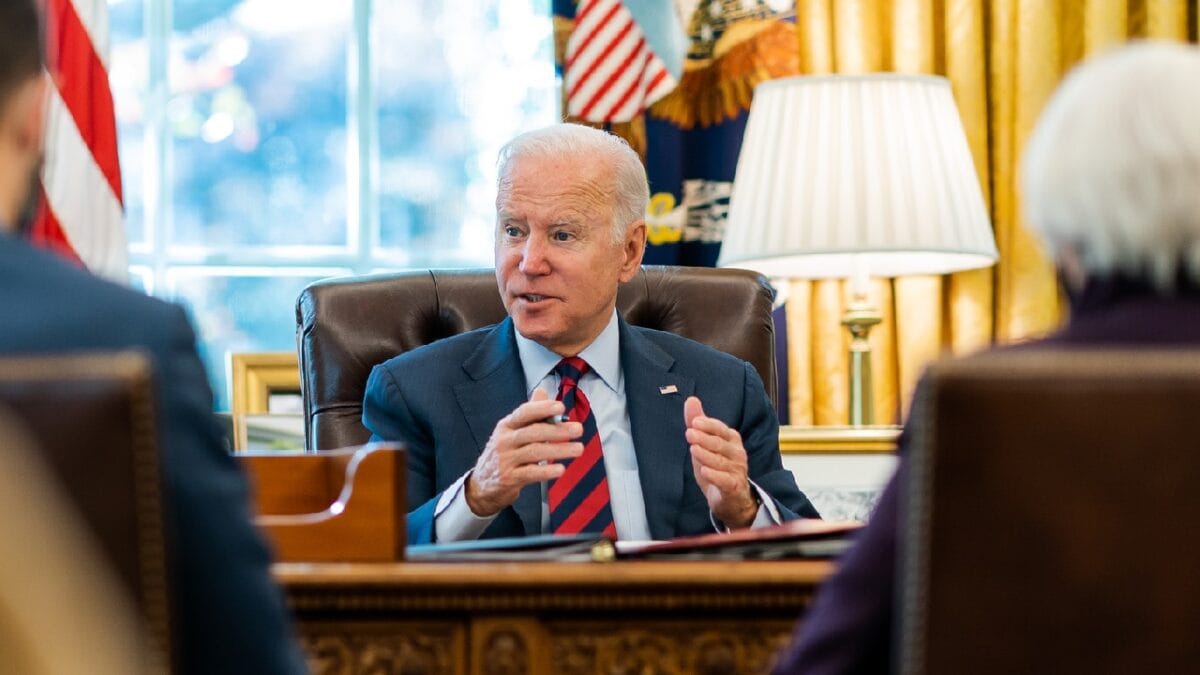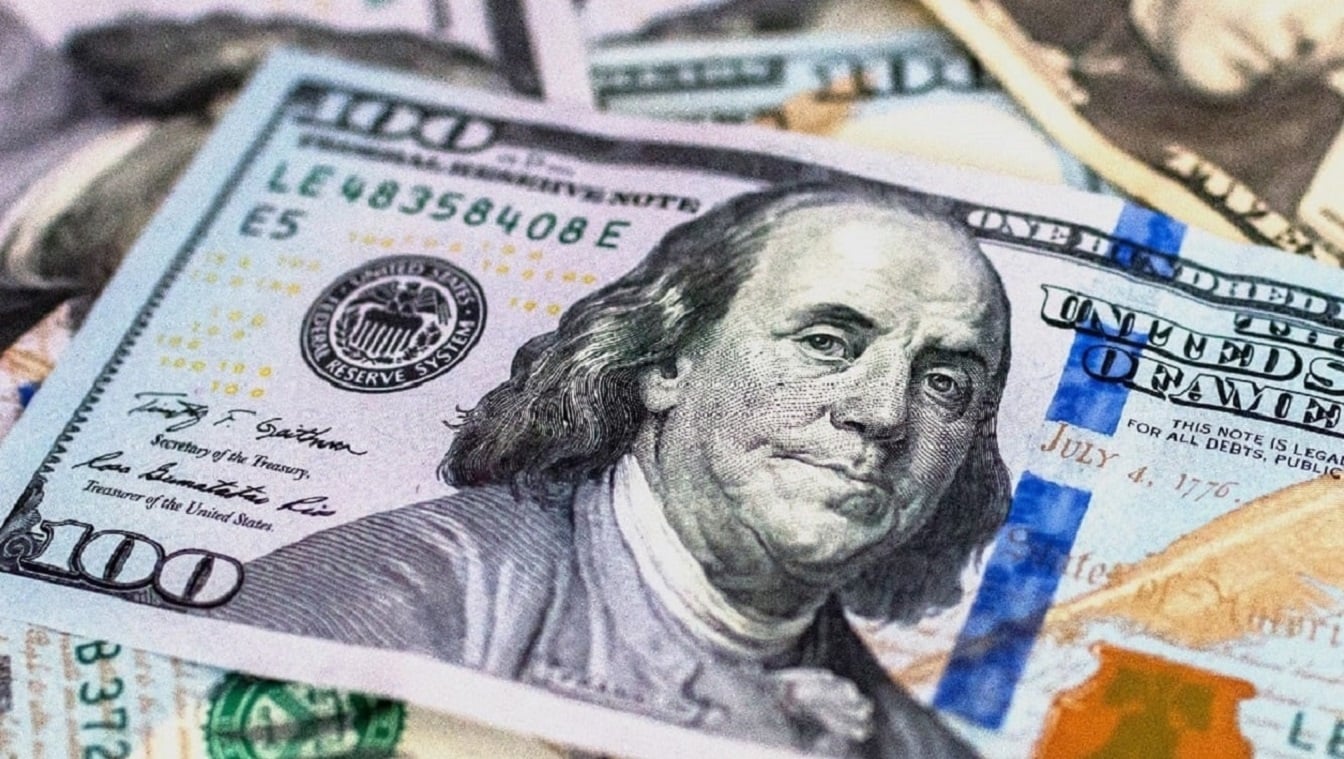Leo Tolstoy famously wrote that happy families were all alike, but that every unhappy family was unhappy in its own way. The same might be said of recessions, especially the recession of 2008-2009 and the global economic recession that is likely to hit next year. While the recession to come will not be driven by the same weaknesses that made the 2008-2009 downturn so severe, that does not mean it will be any less painful.
The “Everything” Bubble
On the positive side, today’s world economy does not resemble the one that featured reckless subprime lending in the U.S. housing market and led to the Lehman bankruptcy in September 2008. In addition, since 2008 every effort has been made to strengthen global banking systems. This makes it very unlikely that in the event of a global economic downturn, we will experience a world banking crisis on the scale of that which occurred in 2008.
Less fortuitously, today’s world economy is characterized by an “everything” bubble. Fueled by years of ultra-low interest rates and massive central-bank money printing, the global economy has experienced bubble-like conditions in all too many of its equity, housing, and credit markets. Of particular note are the Chinese property market bubble, and the reckless lending to already highly indebted emerging-market economies. That lending could be setting us up for another debt crisis to strike emerging markets.
The world’s “everything” bubble now shows signs of bursting – the world’s central banks are being forced to raise interest rates to cope with the highest inflation in multiple decades. We could be in for some rough sledding in financial markets, and this could cause real problems in the largely unregulated non-bank sector of the global financial system.
100 Years at the Same Time
Another way in which today’s world economy differs for the worse from that of 2008 is that it is being subject to a number of supposedly once-in-100-year shocks.
First, we had the Covid crisis, which caused a large part of the world economy to be locked down. Then we had the Russia-Ukraine war, which sent international oil and food prices through the roof. Now, we are having an unusually severe drought in Europe, China, and parts of the United States that is curbing hydroelectric power production and interfering with river traffic. This could be particularly problematic for countries like Germany and Italy, should Russian President Vladimir Putin carry out his threat to shut Europe off from Russian natural gas exports this winter.
These shocks have already led to a synchronized slowdown in all major economies. At the same time, unlike in 2008, China’s major property market difficulties do not put it in a position to help bail out the global economy with a large fiscal and monetary stimulus, as it did in 2008.
Perhaps the most important way in which today’s world economy differs from that in 2008 is that it is characterized by the highest inflation rate since 1982. That is now forcing the world’s major central banks to all slam on the monetary policy brakes in order to regain control over inflation. This risks a hard landing for the global economy – especially if such tightening bursts the global “everything” bubble and precipitates a series of emerging-market defaults.
Dialing Down Recession Risk
All of this has to raise serious questions about the appropriateness of the Federal Reserve’s current hawkish stance on monetary policy. By continuing to aggressively raise interest rates at a time of incipient economic weakness at home, while an economic storm brews abroad, the Fed seems to be inviting a hard landing. Similarly, by rapidly withdrawing market liquidity, shrinking the size of its balance sheet while equity and housing markets are already on the back foot, the Fed is risking a meltdown of financial markets.

President Joe Biden meets with advisers before a phone call to Speaker of the House Nancy Pelosi (D-Calif.) and Senate Majority Leader Chuck Schumer (D-N.Y.) to discuss the debt ceiling, Tuesday, November 16, 2021, in the Oval Office. (Official White House Photo by Cameron Smith)
This official White House photograph is being made available only for publication by news organizations and/or for personal use printing by the subject(s) of the photograph. The photograph may not be manipulated in any way and may not be used in commercial or political materials, advertisements, emails, products, promotions that in any way suggests approval or endorsement of the President, the First Family, or the White House.
One has to hope that the Fed soon recognizes the risks that it is running, and dials down the pace of its monetary policy tightening.
Author Biography and Expertise: Desmond Lachman joined AEI after serving as a managing director and chief emerging market economic strategist at Salomon Smith Barney. He previously served as deputy director in the International Monetary Fund’s (IMF) Policy Development and Review Department and was active in staff formulation of IMF policies. Mr. Lachman has written extensively on the global economic crisis, the U.S. housing market bust, the U.S. dollar, and the strains in the euro area. At AEI, Mr. Lachman is focused on the global macroeconomy, global currency issues, and the multilateral lending agencies.

